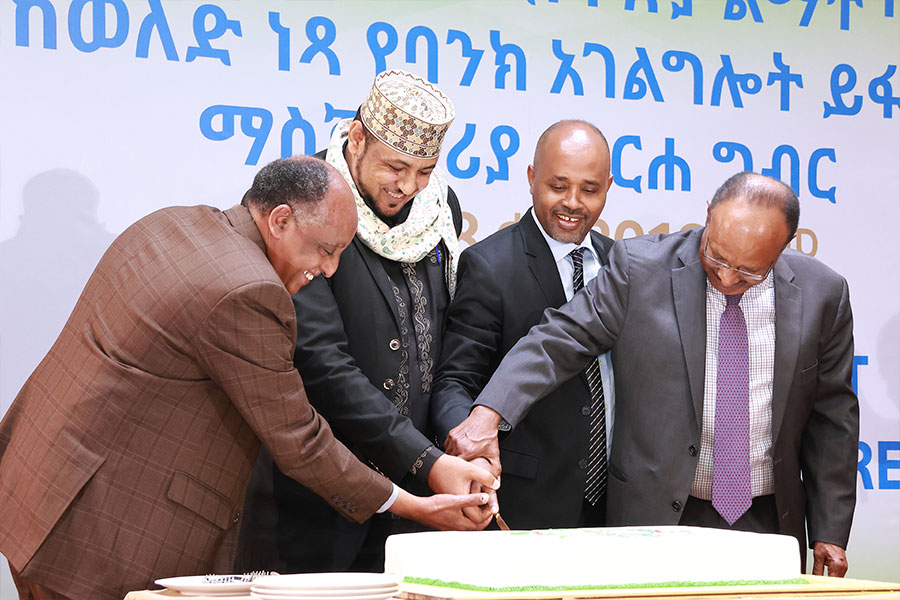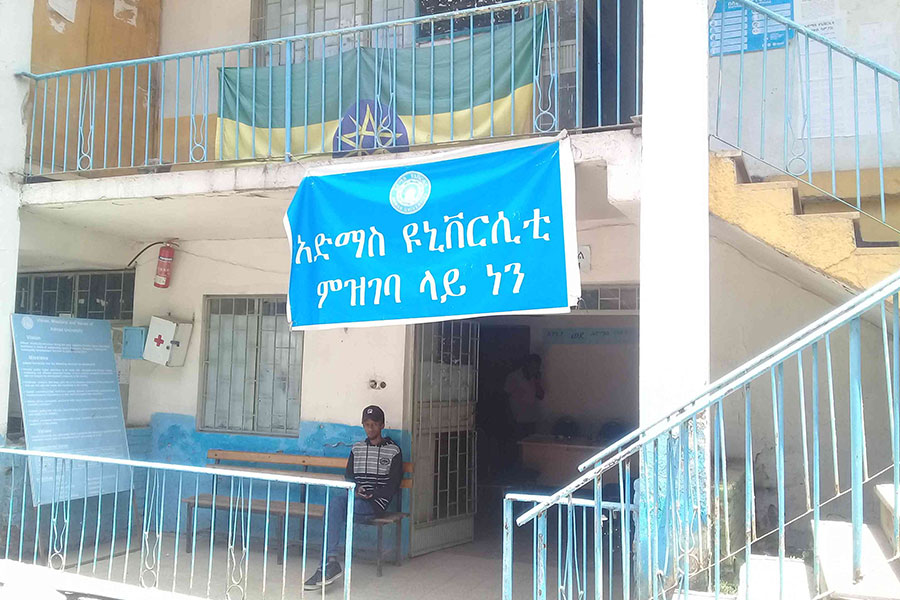
It was a week or so ago. I was reading the quirky 17th-century British poet John Taylor’s rollicking poems. The poet, with little understanding of English grammar as it translates to the 21st century, wrote over 80 books. No doubt that he wrote his poems the way he spoke the English language. It reminds me of our undergraduate magazine, which was prepared to mark our upcoming graduation.
On one of those days, a friend of mine that was a member of the publication’s editorial board, brought a copy to me. I opened it and saw the photos, the ads, the well-wishes from our instructors and fellow undergraduates – it looked fine to my eyes.
Evidently, our department's chair did not believe as such. He sneered after going through the publication, listing the atrocious blunders in our written English. He began blasting off from the publication’s cover, which was full of spelling errors, and then the inside pages, which were filled with grammatical ones.
We knew it was hardly edited. Yet we were unhappy and dubbed him a fault-finding hair-splitter. Soon though, the issue rang a wake-up call in my mind. As I knew it, and nearly everyone else did, the method of teaching in our schools through which most of us came, is altogether flawed. Much of the shortcomings had to do with our grammar schooling, either in Amharic or English.
By around the second grade, I remember being able to read Amharic. In fact, since there were few books to which I had access, I was tired of reading the same thing again and again. As a result, I shifted to my sister's Amharic textbook. I immediately understood her complaints about the Amharic grammar. It was so perplexing. While I knew more than three-fourths of the words that her notebook contained, the few twister rules to the language made reading it all the same – difficult. Compounding the problem is that there was no dictionary to refer to at the time.
It coincided with my own classroom experience later on. Fortunately, shortly after, the troubling, tormenting and tedious study of the rules of grammar was rooted out from our Amharic language curriculum, shifting the emphasis to reading passages.
As we reached grade six, what had been thus far easier, all of a sudden became complicated during the days of the heavy political cloud of the onset of the Red Terror. Our old foe, grammar, popped up, this time in English language class, with a newly transferred teacher to our school. She was a person whose dedication to teaching could be expressed by very few words in the dictionary. As a pushback, all the six years of our school’s neglect to us was thrown at her - she responded with resolve.
Surely but slowly, we started to love her – Teacher Etaferahu. How we hated her first, with the meaningless sounding, strange structures she used to test us with. Ironically, we were relieved every time groups of youth began throwing stones in the neighbourhood - protests were a dime a dozen back then - disrupting school and freeing us from Teacher Etaferahu.
But the teacher's impact on us was indelible. It coincided with a service that was demanded of me by one of my mother's friends. I was asked to write a letter to the friend's daughter, who resided in Italy. She said she would give me some sweets in return - I had to abide. The only problem was that it needed to be written in English, as the daughter was married to an American. It was my first real-world challenge with English.
Thanks to our sixth-grade English teacher, many of us in the classroom made major progress. Yet, she was but a drop in the ocean compared to the other instructors we got. Usually, English was an affair between a few fluent students and a teacher, even as the language became an instructional medium. It was reminiscent of the movies I used to watch again and again - no clue what was going on. I am saddened by just the thought of the changes we could have made if our journey was properly continued, with more options on the grammar of English and local languages such as Amharic.
Nearly all courses at the university level are now in English. It is also something of a trade language used in many parts of the country, with many companies these days accepting resumes in English. For many, having fluency in the language is the difference between getting a job and getting a good grade in college. In as far as language is key, what this means is a basic and grounded understanding of grammar is critical.
Indeed, proper grammar, by improving fluency in languages could also have meant improving readership right from high school, making it more expansive and availing the tools for more interdisciplinary learning. It could have also added more flavour to the one-way, intellectually barren style of teaching prevalent from kindergarten all the way to college.
PUBLISHED ON
May 08,2021 [ VOL
22 , NO
1097]


Radar | Oct 23,2023

Films Review | Sep 26,2021

Viewpoints | Apr 26,2019

Agenda | May 21,2022

Fortune News | Dec 19,2018

Dec 22 , 2024 . By TIZITA SHEWAFERAW
Charged with transforming colossal state-owned enterprises into modern and competitiv...

Aug 18 , 2024 . By AKSAH ITALO
Although predictable Yonas Zerihun's job in the ride-hailing service is not immune to...

Jul 28 , 2024 . By TIZITA SHEWAFERAW
Unhabitual, perhaps too many, Samuel Gebreyohannes, 38, used to occasionally enjoy a couple of beers at breakfast. However, he recently swit...

Jul 13 , 2024 . By AKSAH ITALO
Investors who rely on tractors, trucks, and field vehicles for commuting, transporting commodities, and f...

Jun 28 , 2025
Meseret Damtie, the assertive auditor general, has never been shy about naming names...

Jun 21 , 2025
A well-worn adage says, “Budget is not destiny, but it is direction.” Examining t...

Jun 14 , 2025
Yet again, the Horn of Africa is bracing for trouble. A region already frayed by wars...

Jun 7 , 2025
Few promises shine brighter in Addis Abeba than the pledge of a roof for every family...